El Mar La Mar (The Sea the Sea) – Directed by J. P. Sniadecki; Joshua Bennetta
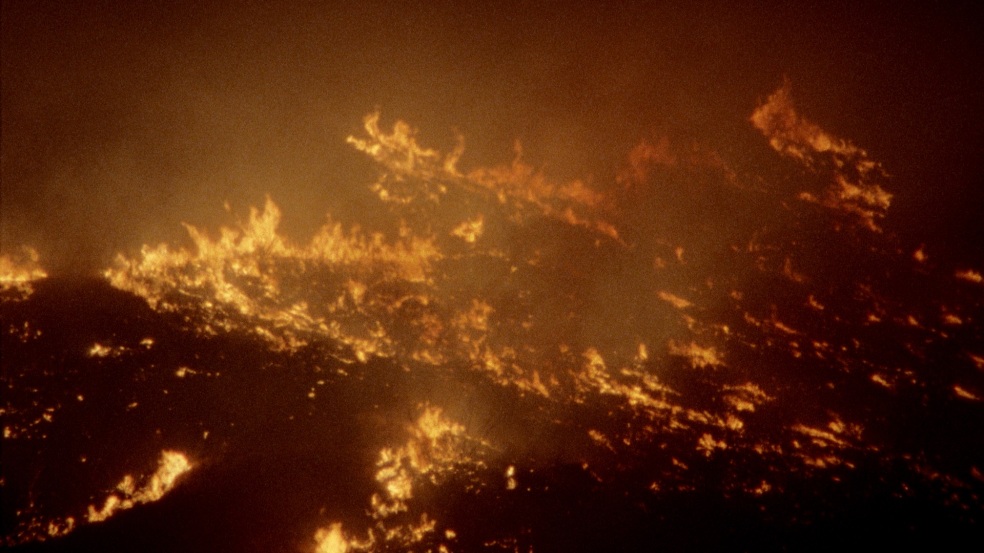
What is seen tells the stories of what is unseen. Filmed over two years in the treacherous Sonoran Desert near the US-Mexico border, El Mar La Mar enlightens the current debates on border security and immigration, but in unexpected ways. Grainy 16mm-turned-digital images of the endless horizon, sun-scorched land, and bare sky introduce a forbidding terrain. Shots of empty water bottles, pocket-sized religious artifacts, and broken shoes bear witness to the hardship thousands have endured, while voiceovers recount tales of desperation, sightings of death, and encounters with mysterious creatures. Intricate sonic elements bring the desert to life, but not without eliciting fear. Harvard’s Sensory Ethnography Lab alumnus J. P. Sniadecki and multimedia artist Joshua Bonnetta take a truly experimental approach to documentary in this meditative, complex work of filmic poetry. (2017, 94 min)
Tiempo De Morir (Time to Die) – Directed by Arturo Ripstein
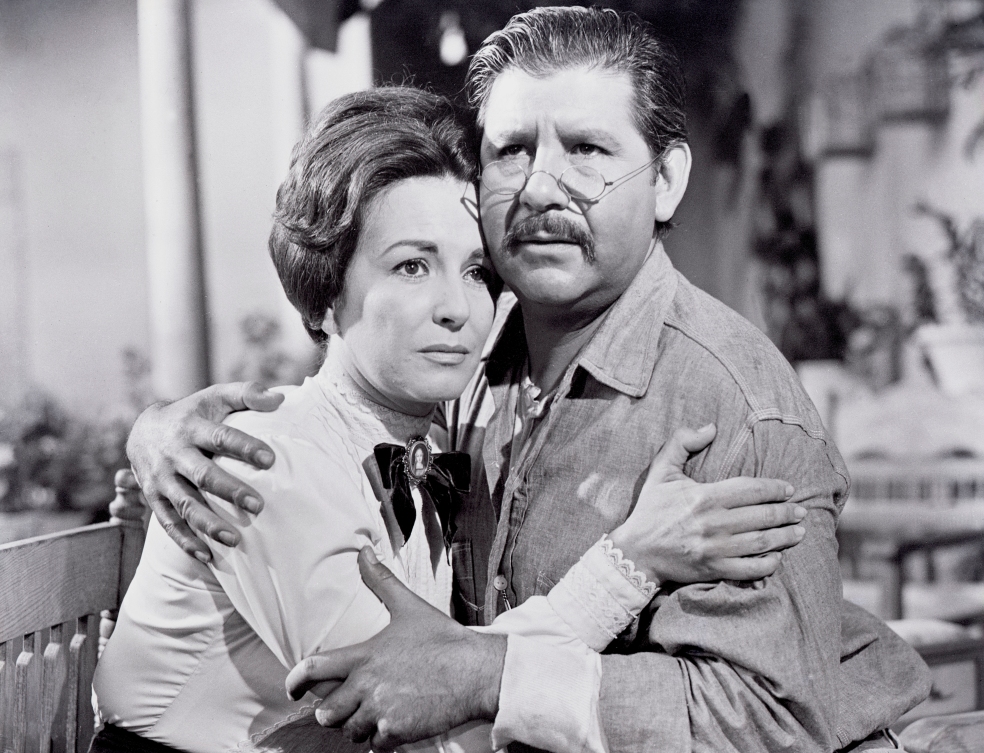
After serving his conviction, a former gunman returns to his town planning to live a quiet life, however, the sons of a man he killed have other plans. Time to Die is shot in crisp black-and-white, reveling in bleak long shots as much as thrillingly nervous camera movement. It is an actively intelligent, darkly funny, and suspenseful rumination that feels its moral quandaries deeply. This vintage Mexican Western excitingly transcends and stretches its genre. (1966, 90 min)
Smuack – Directed by Alejandra Sanchez
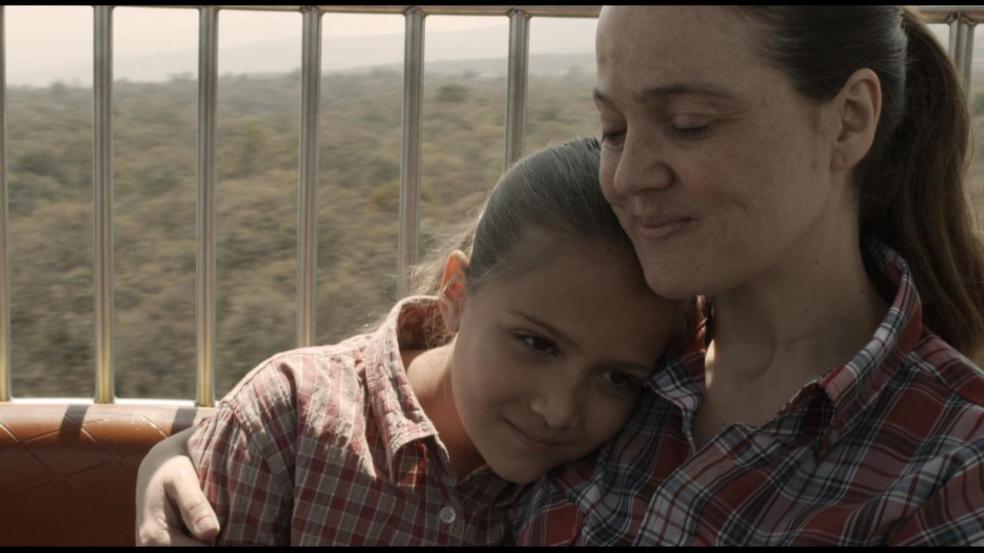
Luisa is a woman whose life revolves around her job in a gay bar. An encounter with her 8-year old niece will force Luisa to embrace an unexpected motherhood, and to confront her sexual identity outside her close-knit gay world. While Luisa assumes the demands of mothering a child, her niece will have to endure the day-to-day microaggressions that accompany being the child of a homosexual parent. This film, sometimes brutally, and sometimes tenderly, confronts and interrogates the way we respond to situations that challenge our identities. (2015, 24 min)
Casa Roshell – Directed by Camila José Donoso
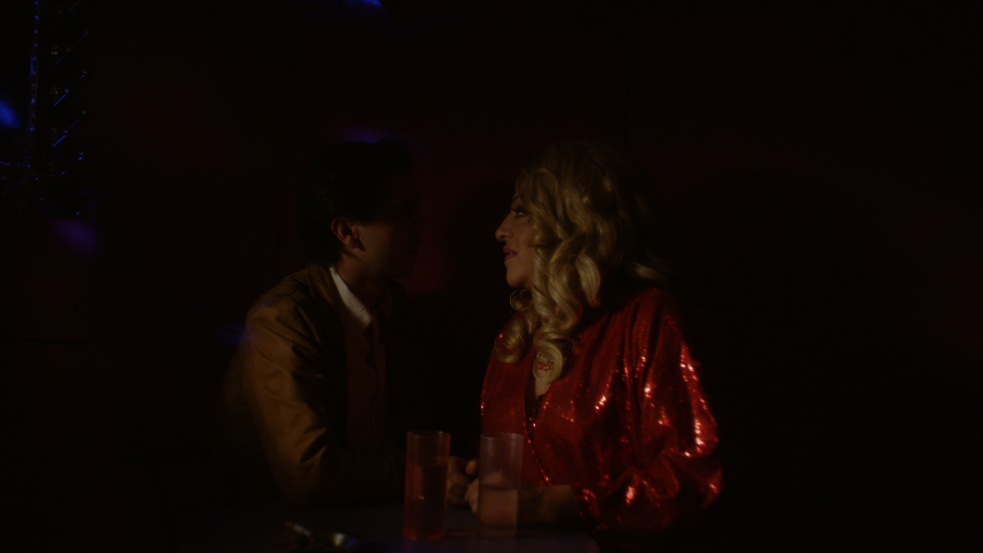
Music plays, drinks are served and the last boundaries are suspended: those between gender; gay, straight and bi; reality and fiction. Roshell and Lili run a small transformist club in Mexico City, a haven for men who want to be women but cannot do so in their daily lives. Here, visitors of all ages and backgrounds come to watch, cruise or learn how to dress in drag. Though theirs is a small slice of freedom, no matter how small the utopia, the world outside can still catch up. (2017, 71 min)
Los Herederos (The Inheritors) – Directed by Eugenio Polgovsky
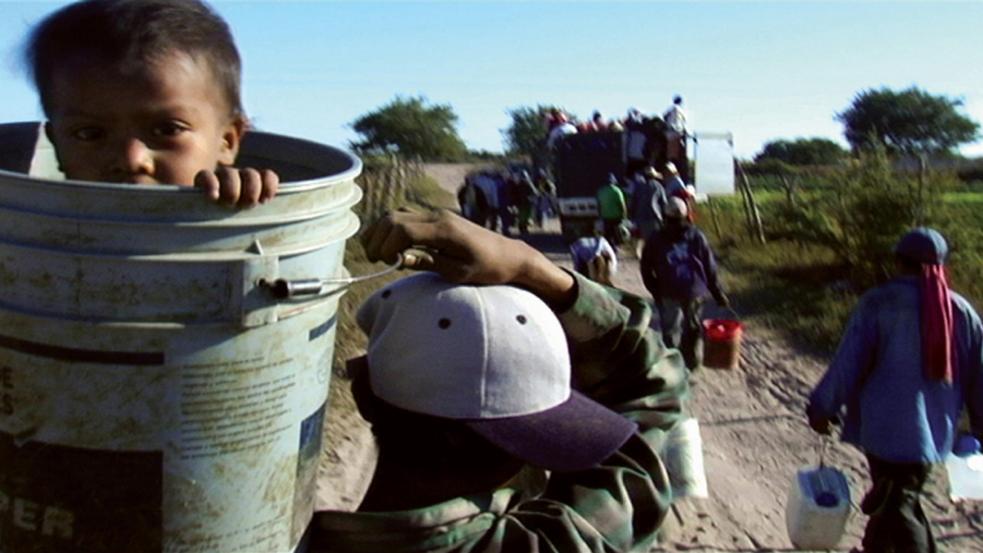
No one eats free, but children eat least of all in “The Inheritors,” Eugenio Polgovsky’s unvarnished portrait of the rural poor in modern-day Mexico. The director travels across the often beautiful, always unforgiving countryside of Mexico to watch children work. One of the most highly praised and awarded Mexican documentary in years, the film makes an indelible impression of how the cycle of poverty is passed on from one generation to another. It is a film full of compassion that only intensifies its urgent view of the world. (2008, 90 min)
Dos Monjes (Two Monks) – Directed by Juan Bustillo Oro
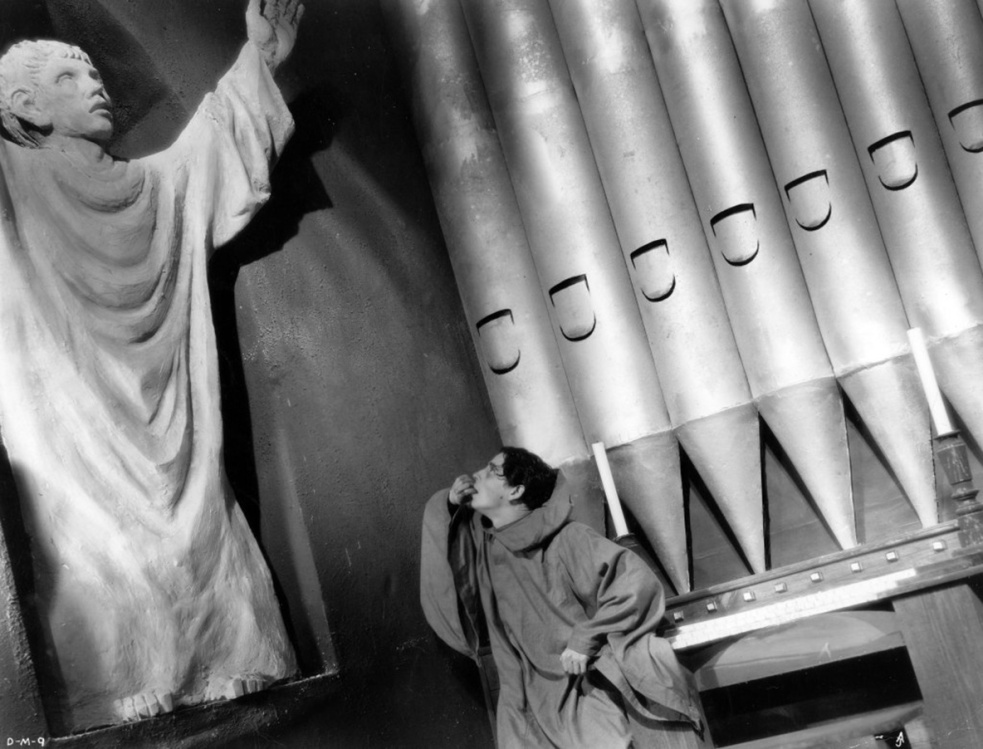
In a Gothic-styled monastery, a monk named Javier sees the face of another monk, Juan, and suddenly attempts to bludgeon him to death with a heavy crucifix. Both men then relate their own versions of a story of romantic rivalry between them. Stylistic and structural experiment abounds in this early example of Mexican Gothic. (1934, 85 min)
Restored by the Film Foundation’s World Cinema Project at L’Imagine Ritrovata laboratory in collaboration with Filmoteca e la UNAM and Cinémathque française.
Un Buñuel Mexican (A Mexican Buñuel) – Directed by Emilio Maille
A Mexican Buñuel covers the director’s career in Mexico, starting with Gran Casino all the way through Simon of the Desert. This documentary, full of rare footage and illuminating information, provides an intimate view into the world of the surrealist paragon while he lived and worked in Mexico. (1995, 55 min)
Simon Del Desierto (Simon of the Desert) – Directed by Luis Buñuel
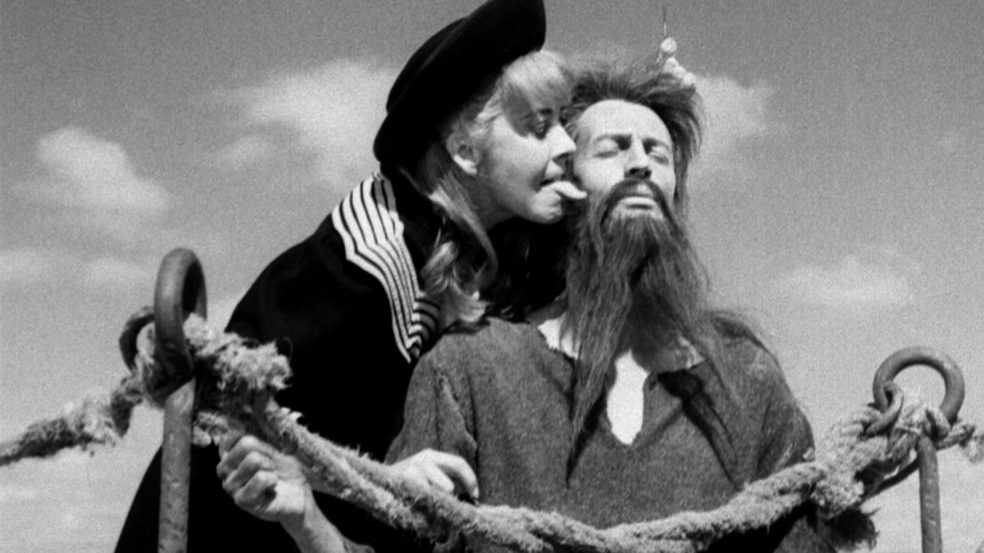
Simon of the Desert is Luis Buñuel’s wicked and wild take on the life of devoted ascetic Saint Simeon Stylites, who waited atop a pillar surrounded by a barren landscape for six years, six months, and six days, in order to prove his devotion to God. Yet the devil, in the figure of the beautiful Silvia Pinal, huddles below, trying to tempt him down. A skeptic’s vision of human conviction, Buñuel’s short and sweet satire is one of the master filmmaker’s most renowned works of surrealism. (1965, 45 min)
La Libertad Del Diablo (Devil’s Freedom) – Directed by Ernesto Gonzales
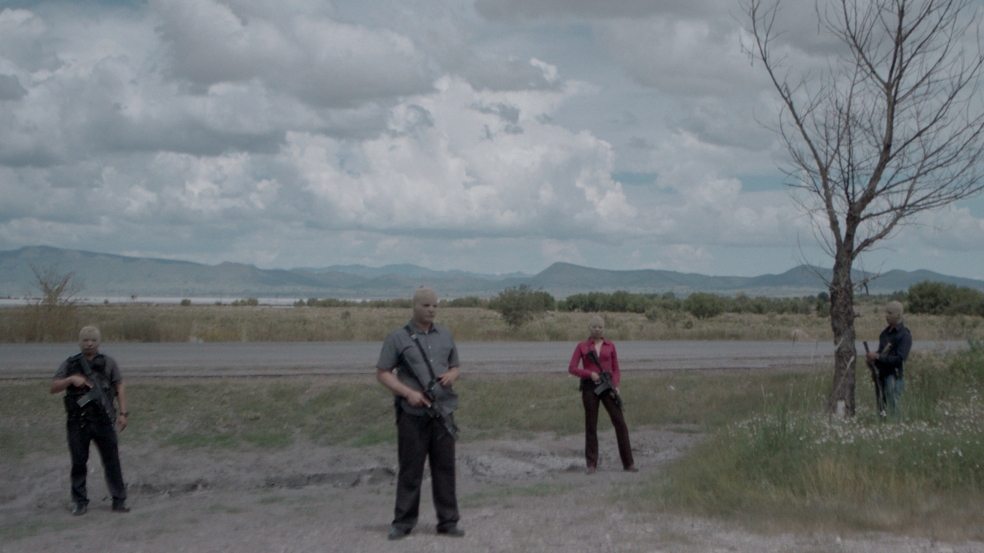
In some of the world’s most dangerous cities life is not worth much. Looking into the eyes of the protagonists of violence, victims as well as executioners, this documentary helps us understand how fear inserts itself into subconscious of Mexican society. Told through the words of those who have suffered violence along with those who inflict it, this film presents a challenging, startling, and ultimately effective portrayal of its impossibly difficult subject: violence. (2017, 75 min)
Shorts Section: Animating and Documenting the Border
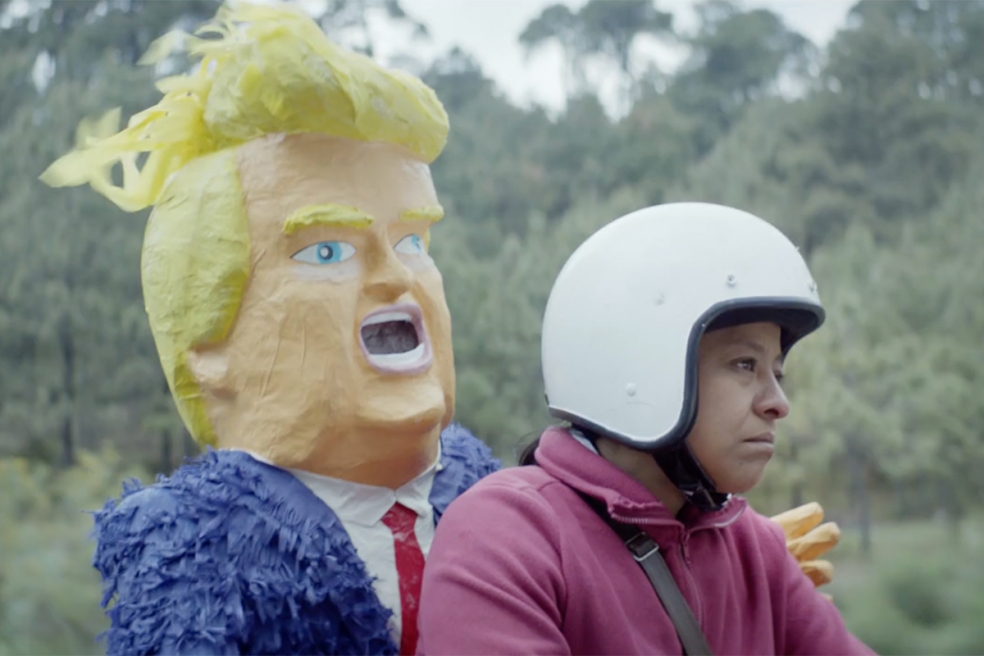
Ties, Not Walls (Lazos, No Muros). Directed by LuisPa Salmón. An animation focusing on the difference between the walls that divide us and the bonds that unite us. (2017, 1min)
Creativity Does Not Recognize Borders (La creatividad no reconoce muros) -Directed by Fernando Campos,. This lovely animation short seeks to show us that art knows no boundaries. (2017, 2 min)
Endogamy(Endogamia) – Directed by Arnold Abadie. Walls might be built by humans but they affect entire worlds. This animation short raises awareness about the consequences of walls on entire ecosystems. (2017 2 min)
Best of Luck with the Wall – Directed by Josh Begley. A delirious voyage across the US-Mexico border, stitched together from 200,000 satellite images. (2016, 7 mins)
Love, Our Prison – Directed by Carolina Corral). At a Mexican prison, female inmates can visit male prisoners. What are the implications of romantic love in prison? (2016, 6 min)
The Good Mother (La Madre Buena) – Directed by Sarah Clift. A Mexican mother embarks upon an epic journey across land and through her politics to find her son’s birthday request: a Donald Trump piñata. (2017, 6 min)
Symphony of a Sad Sea (Sinfonía de un mar triste) -Directed by Carlos Morales. A short documentary that captures the pain of forced migration. (2017, 11 min)
Birth on the Border – Directed by Ellie Lobovitz. A documentary that explores legal border crossing from Mexico into the U.S. for the purpose of childbirth. Against the backdrop of oppressive U.S. border policy, these women’s stories of risk, strength, and resiliency reveal the complexities of life on the U.S.-Mexico border. (2017, 27 min)
Artemio – Directed by Sandra Luz López Barroso. (2017, 48 min) Artemio was born in the US but now lives in a small town in Guerrero with his mother. Despite his roots in Mexico, he still doesn’t feel part of it. Together, Artemio and his mother reveal to us the power of a phone call to traverse vast distances, bringing to life otherwise impossible relationships. (2017, 48 min)
